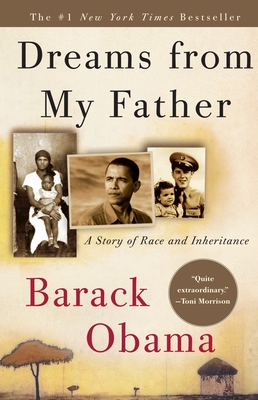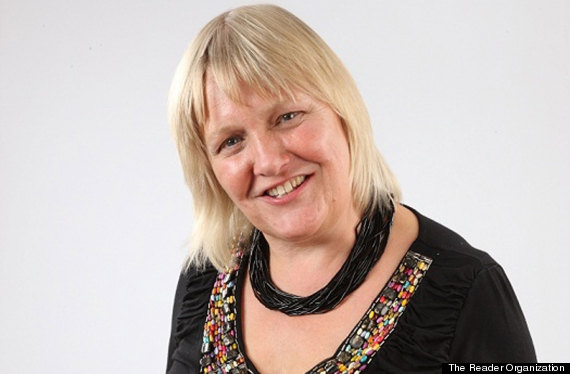But boy, oh, boy, are there things going on in this crazy publishing biz!
Allow me to share with you some of my personal "favorite" highlights in a quick round-up:
Best of 2012 Lists Posted
That's right. It's that time of year again. The New York Times, Kirkus, and Slate have all posted their big lists of most notable/best books of 2012. As per usual, I only have ever even heard of a few of them, and I haven't read any of them. Sometimes I wonder where they come up with most of these things...or maybe I am just not as "in the know" as I should be.
Facebook Launching New Social Reading Site
Yup. Another Goodreads-style website is on its way. I received notification from the folks over at Facebook about Riffle, which Forbes magazine describes as "a new kind of Pintrest", and have been invited as an early member (I also can pass along invites to others, if anyone is interested). I've signed up and am awaiting my login information--a review will be forthcoming!
HOBBIT Film Producers Being Sued
The J.R.R. Tolkien estate isn't letting HOBBIT producers off easy for what they claim is a breach of merchandising contracts. The estate wants $80 million to make up for it. As the Hollywood Reporter tells us, "The crux of the suit is the estate's contention that a decades-old rights agreement entitles the studio to create only "tangible" merchandise based on the books, not an "online slot machine" or other digital exploitations that the estate calls highly offensive."
 High Fidelity Author Writing Script for Wild Adaptation
High Fidelity Author Writing Script for Wild AdaptationReese Witherspoon's production company, Pacific Standard, is set to adapt Wild, Cheryl Strayed's memoir about her solo 1100-mile trek through California and Oregon to Washington State. Bestselling author Nick Hornby has signed on to write the screenplay. I, myself, hadn't heard of the memoir before, and quite frankly, I'm not seeing the film adaptation potential here. Seems to me like the makings of a slowly paced, somewhat boring flick, but I guess we'll see what the talented Horby comes up with.
E.L. James Given High Publishing Honor
Every year, Publishers Weekly names a "publishing person of the year." Past winners have been the likes of Penguin CEO David Shanks, Barnes and Noble chairman Len Riggio, and Google settlement "architect" Richard Sarnoff. But this year? This year's winner comes as a shocker to myself and other members of the industry: Fifty Shades of Grey author E.L. James. Bad choices, PW, bad choices.










